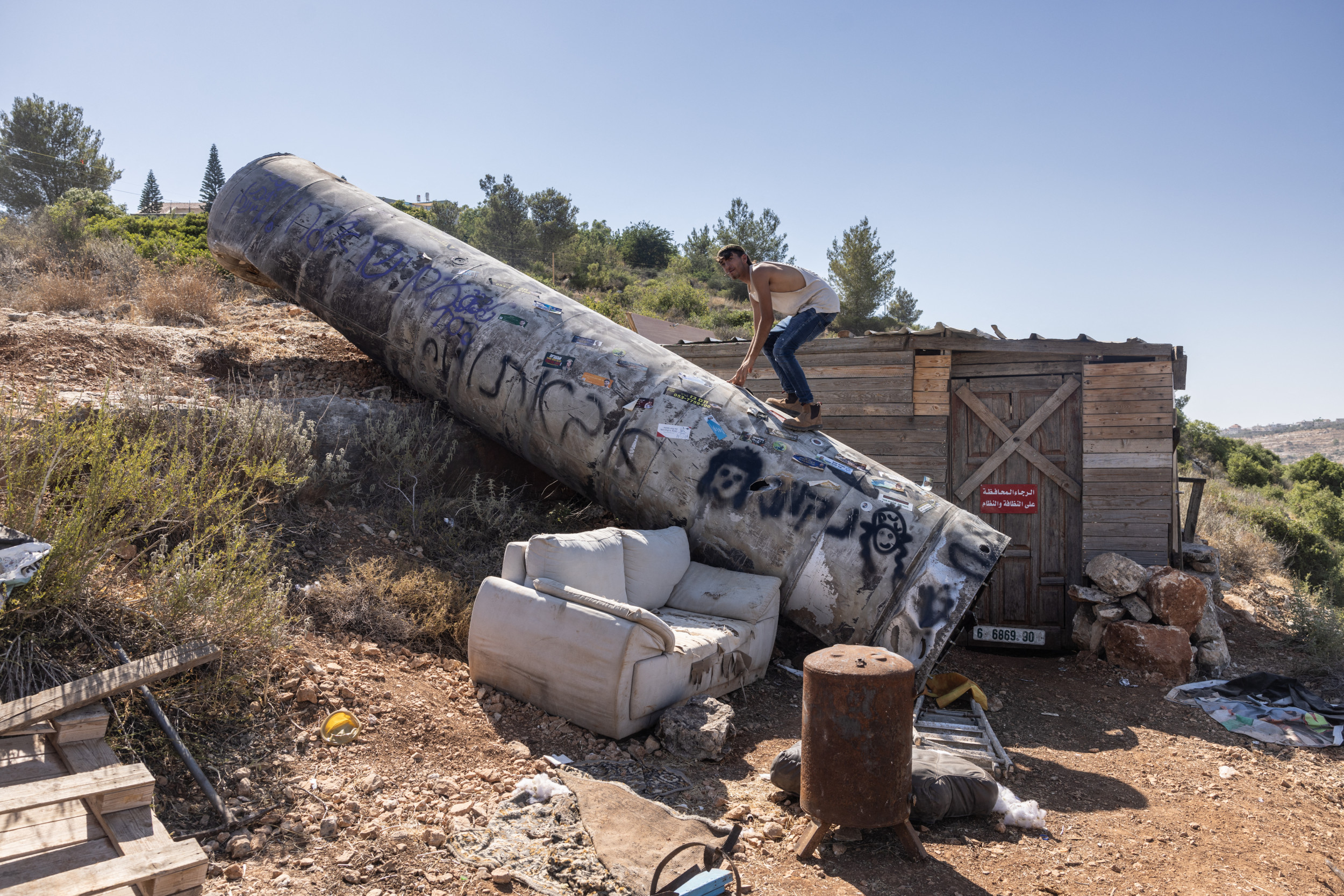Iranian President’s Strong Statement on Potential Conflict with Israel
Iranian President Masoud Pezeshkian has made a bold declaration, stating that his country is prepared to launch deep strikes into Israel if it faces another attack. This statement was made during an interview with Al-Jazeera Arabic, where he emphasized that Iran does not place its trust in the current ceasefire and remains skeptical about its longevity. His remarks were delivered weeks after the ongoing conflict between Iran, Israel, and the United States escalated.
The situation remains tense as Iran faces potential threats of renewed attacks amid a fragile U.S.-brokered ceasefire. The U.S. and Israel have claimed that recent air strikes have caused significant damage to Iran’s nuclear program, though they have not completely destroyed it. This raises concerns about the possibility of further military actions.
President Donald Trump has also weighed in, warning that if diplomatic efforts fail, the U.S. may resort to bombing Iran’s nuclear facilities. He has urged Tehran to abandon its ambitions to continue enriching uranium, highlighting the growing tensions in the region.
Key Points from the Interview
During the interview, Pezeshkian reiterated that Iran is fully prepared for any new Israeli military provocation. He stated that the Iranian armed forces are ready to strike deep inside Israel once again. Additionally, he mentioned that Israel has downplayed the damages caused by Iran’s previous strikes on its territory.
Israel accuses Iran of pursuing nuclear weapons and destabilizing the region through its support of proxy groups like Hezbollah and the Houthis. In response, Israel has vowed to continue its campaign against Tehran and its allies across the Middle East. It is widely believed that Israel itself possesses nuclear weapons.
Pezeshkian emphasized that any negotiations with the U.S. must be based on “win-win” terms. He confirmed that the uranium enrichment program will continue, asserting that it is solely for civilian purposes. However, this stance could also be seen as a step toward developing nuclear weapons.
Sanctions and Diplomatic Efforts
Iran has demanded assurances from the U.S. that it will not be attacked. In exchange, it is seeking sanctions relief through nuclear negotiations. The E3 group of European countries—Germany, France, and Britain—has warned that it will trigger a “snapback” of sanctions on Iran by the end of the summer if Tehran does not make progress on a nuclear deal. This mechanism, outlined in a 2015 agreement, allows for the reimposition of sanctions if Iran is found noncompliant.
Leaders from Iran, Germany, France, and Britain are currently finalizing plans to discuss Tehran’s nuclear program in the coming week. A German diplomatic source shared this information on Sunday, signaling the start of renewed diplomatic engagement.
Reactions from Key Figures
Iranian President Masoud Pezeshkian told Al-Jazeera on Tuesday: “We do not rely on the current ceasefire, and we are not very optimistic about it. That’s why we have prepared ourselves for any possible scenario and any potential response. Israel struck us—and we struck back.”
Israeli Defense Minister Israel Katz expressed similar concerns, stating that there is a possibility of renewing the war against Iran. He emphasized the importance of formulating a plan to ensure that Iran does not return to its nuclear and missile projects.
U.S. President Donald Trump echoed these sentiments on Truth Social, writing: “…we will do it again, if necessary!”
What Comes Next
Iran, Germany, France, and Britain are set to begin talks on Friday, marking the first public diplomatic meeting on Iran’s nuclear program since the conflict. This development signals a shift in the approach to resolving the ongoing tensions and could lead to significant changes in the region’s geopolitical landscape.
As the situation continues to evolve, the international community remains closely watching the developments, aware of the potential for further escalation and the need for diplomatic solutions.







